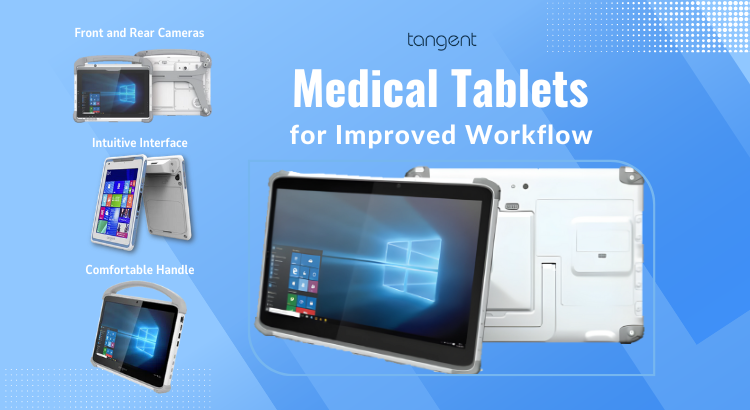Tangent’s cutting-edge tablet solutions are designed to revolutionize medical workflows, offering unparalleled efficiency, accuracy, and accessibility in healthcare environments. 8 Ways Tangent Tablets Transform Healthcare Workflow: 1. Intuitive and User-Friendly Interface User-Centric Design: The tablets feature an intuitive user interface, thoughtfully designed to reduce the learning curve for medical professionals. This allows for easy navigation […]
Category: medical tablet
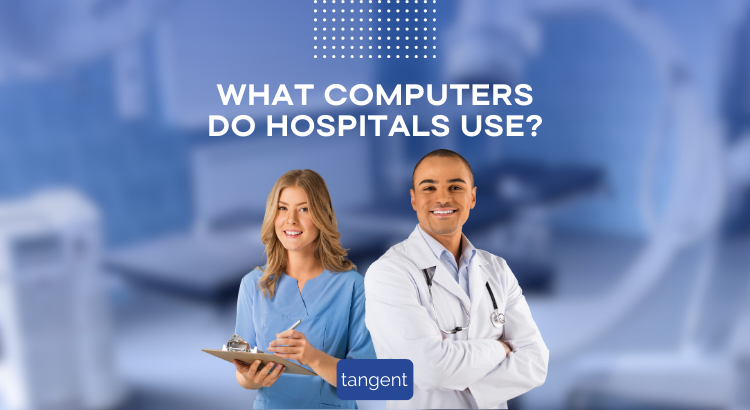
What Computers Do Most Hospitals Use?
Most hospitals use a variety of computer systems and devices to support their operations and provide healthcare services. The specific types of computers and systems used can vary depending on the hospital’s size, budget, and specific needs. Here are some of the common types of computers and systems used in hospitals: Electronic Health Record (EHR) […]
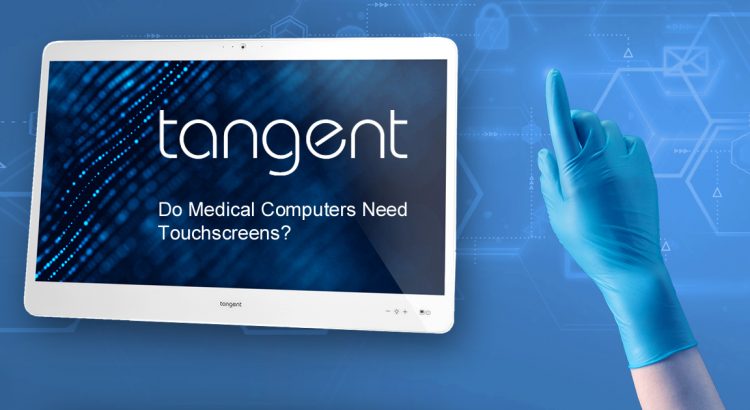
Do Medical Computers Need Touchscreens?
When people refer to their “phone” these days, it’s more than likely they mean their “smartphone.” Smartphones have become ubiquitous in our society, and are becoming increasingly necessary for everyday life. But what caused these smartphones to take over their older cousins? One of the defining features that played a large role is the humble […]
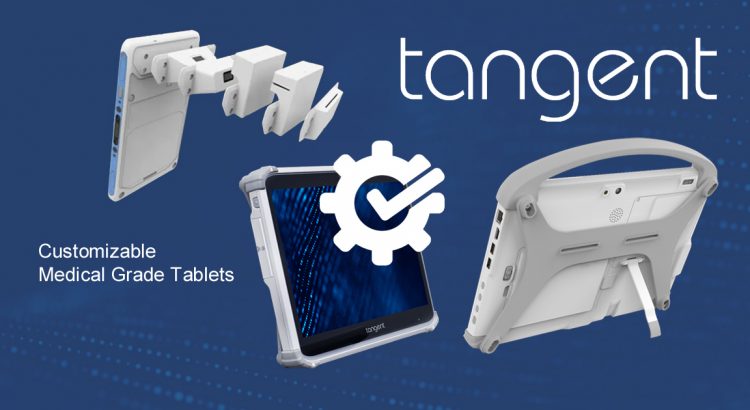
Medical Tablets
EN 60601-1 Certification Among the most important features for medical grade devices is EN 60601-1 Certification. Medical tablets with the certification are shielded from Electromagnetic interference both from receiving and also from producing it. EN 60601-1 is a certification that distinguishes a medical tablet from a consumer grade medical tablet. Medical Tablets with Antimicrobial Surfaces […]
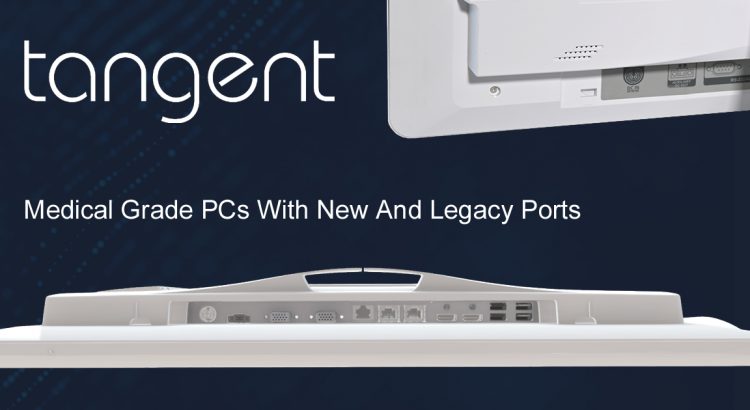
Medical Grade Computers With New And Legacy Ports
The medical grade computers of today look a lot different from their predecessors. They are smaller, faster, and more hygienic than earlier computers. While you have probably noticed most of these changes, there is one subtle area that is easy to forget: input and output ports. Input and output ports, shortened as IO ports, have […]
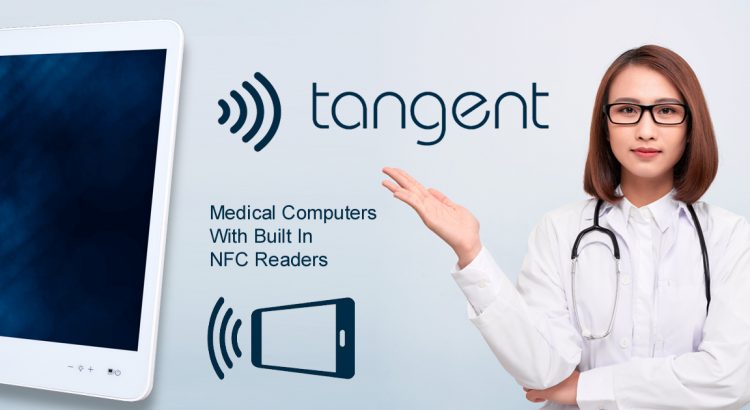
Medical Computers With NFC Readers
Wireless communication is playing an increasingly important role in Healthcare. From doctors transitioning away from pagers to smartphones, to their increasing reliance on email communications: hospitals rely on wireless communication. But one area of wireless communications that is easy to look over is near-field communication (NFC). These devices allow your doctors, nurses, and medical staff […]
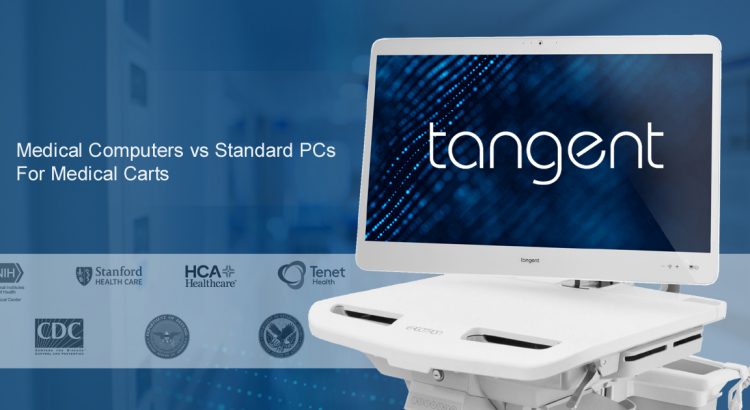
Medical Computers VS Standard PCs For Medical Carts
As the computing needs of hospitals have evolved, so have medical computers. The difference between medical computers and standard computers has only grown in recent years. Whereas before medical facilities could manage with standard computers, now such decisions only hold them back. Medical computers have become integral in healthcare for a number of reasons. They […]
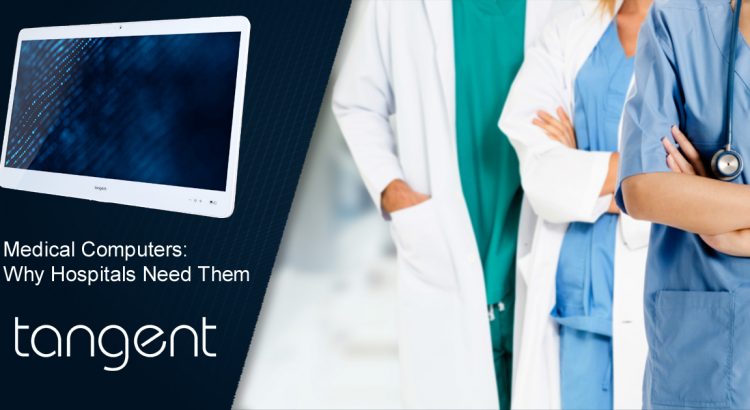
Medical Computers: Why Hospitals Need Them
For their entire existence, hospitals have only had one major goal: to provide quality healthcare to their local community. To do this, doctors have always used the most advanced technology available to them. In the sixties, that meant creating and implementing the first artificial hearts into patients. Innovations like these have led to people living […]
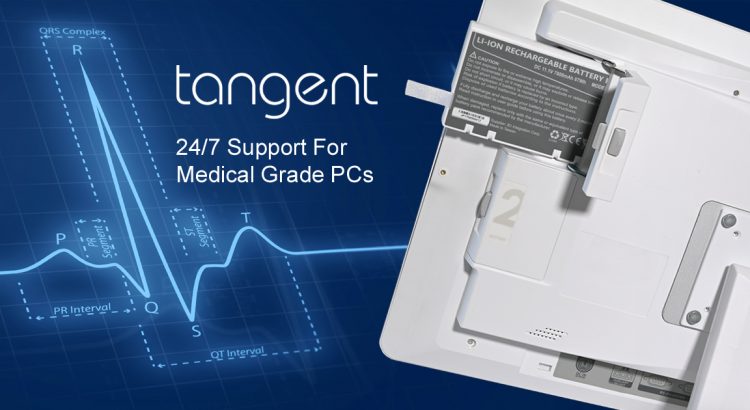
Why 24/7 Support Is Crucial For Medical Grade PCs
Emergencies can strike at a moment’s notice. While dealing with the Pandemic, hospitals and other businesses in Louisiana also had to contend with Hurricanes. While many of these hospitals came out of these hurricanes with only moderate damage, some were not as lucky. Some areas are still recovering even today. On a smaller scale, issues […]
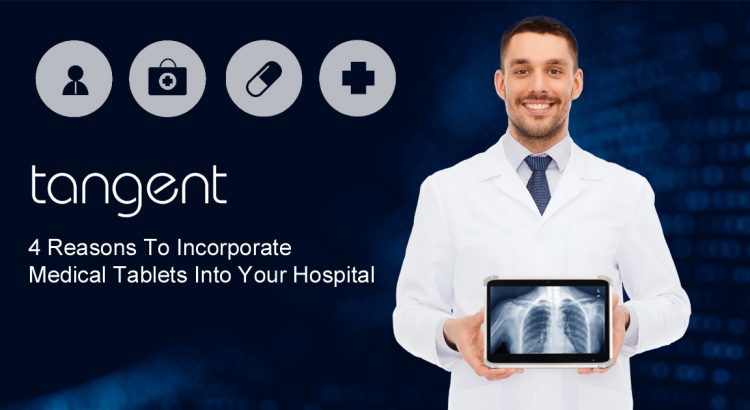
4 Reasons To Incorporate Medical Tablets Into Your Hospital
Hospitals are sites of constant innovation. Over the course of the pandemic, doctors and nurses have made do with what they had, fashioning PPE out of plastic bags and making the most of their situation. Now that vaccines are widely available, and we are on the other end of the delta variant surge, now is […]
